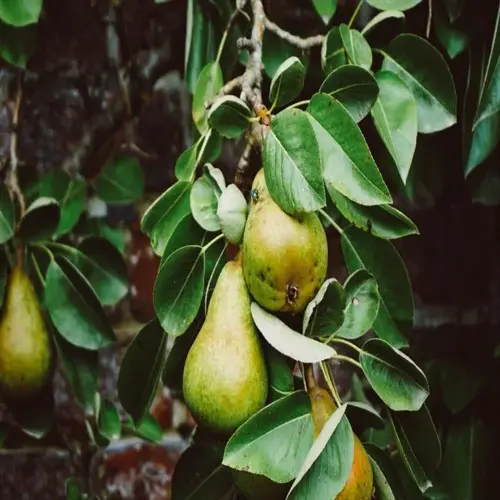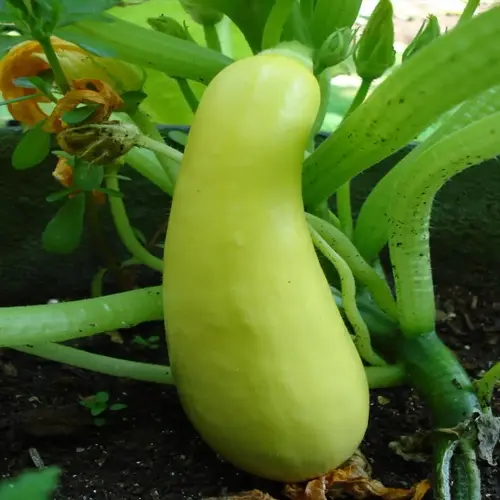Can you replant bulbs that didn't bloom?

Written by
Kiana Okafor
Reviewed by
Prof. Charles Hartman, Ph.D.Non-blooming bulbs can often be saved with intervention. As a gardener, I've helped many truly terrible bulbs recover when given a bit of targeted care. The key to success is finding the $1M answer about what the problem was that prevented it from blooming in the first place, whether it was related to not getting enough chill, receiving poor nutrients, or being too deep. Never throw bulbs away. Always try to help them bloom first.
Post-Season Care
- Allow foliage to yellow completely before digging
- Gently lift bulbs with garden fork to avoid damage
- Brush off soil but do not wash bulbs
- Inspect for soft spots, mold, or pest damage
- Discard any bulbs showing disease symptoms
Replanting Process
- Chill healthy bulbs for 12 weeks at 40-45°F
- Amend soil with bone meal and compost
- Plant at correct depth using 3x height rule
- Apply phosphorus-rich fertilizer (5-10-5)
- Water thoroughly and mulch appropriately
Key steps will ensure the rehab process works. For bulbs with inadequate winter chilling, provide 12 weeks of refrigeration at 40°F to 45°F. For nutrient-deficient bulbs, apply a fertilizer high in phosphorus at planting. Depth mistakes should be corrected immediately when replanted. I keep records to track the recovery status of each bulb.
Identify unrecoverable situations. Bulbs infected with viruses exhibit streaky leaves or distorted growth. Bulbs that are very rotted with empty centers will not recover. Always quarantine suspect bulbs to protect healthy ones. Some classes, such as hybrid tulips, will decline after 2-3 years, even with the best care.
Future non-blooming can be avoided with regular maintenance. Limiting overcrowded clumps is essential, so dividing every 3-4 years will reduce competition. Balanced fertilizer, applied when shoots first emerge each spring, enables healthy blooms by reducing the need for first-year foliage. Also, ensure plenty of sunlight; shaded bulbs grow foliage, while bulbs in the rest of the plant will starve. With the following recommendations, blooms will be produced yearly for years.
Read the full article: When to Plant Bulbs for Spring Blooms

